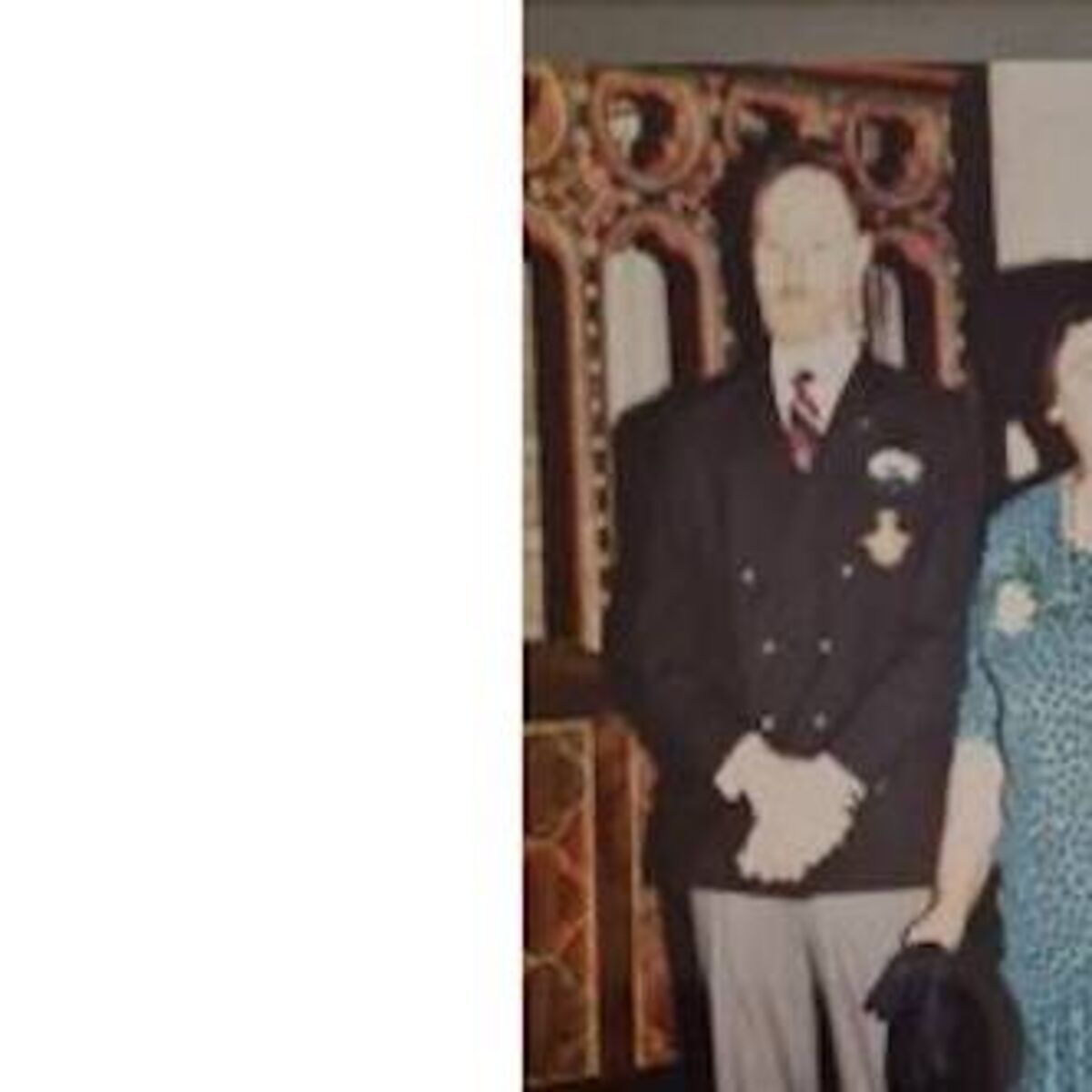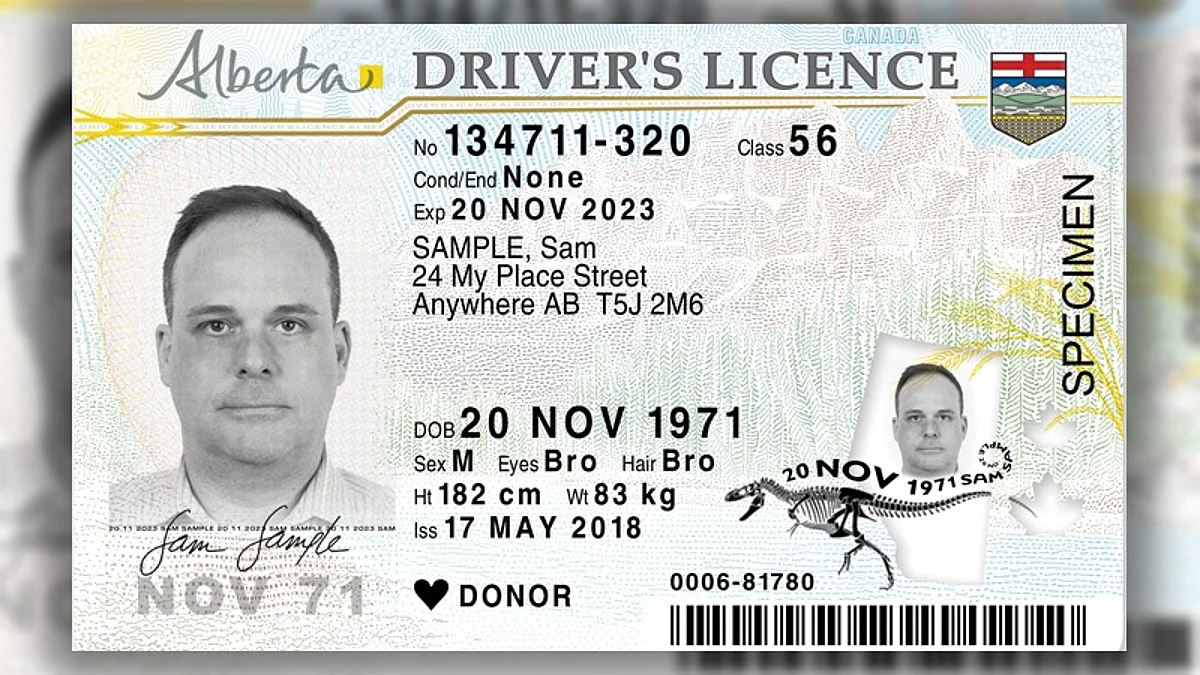By Pilar Hernán
Copyright hellomagazine

The term “narcissist” seems to be everywhere these days, but what does it really mean? It’s a pretty broad term that some people casually use as a synonym for selfish, but to mental health professionals, it refers to Narcissistic Personality Disorder (NPD). There are many types of narcissists, but there’s one that especially contrasts with the stereotypical overt narcissist: the vulnerable narcissist, harder to recognise because of their more introverted personality. “A vulnerable narcissist’s self-esteem is fragile and heavily dependent on the approval and admiration of others,” explains Marc Rodriguez, a psychologist specialising in emotional intelligence.
A classic narcissist usually has a more dominant personality, is more outgoing and openly seeks attention, but “the vulnerable narcissist’s need for attention is more subtle”, says Rodriguez. “Both types show some of the main traits of narcissists: a lack of empathy and have a need to feel superior to others.”
Recognising a vulnerable narcissist is important because understanding their motivations can help you establish healthy boundaries and keep from being manipulated. “Vulnerable narcissists can be emotionally demanding and exhausting due to their constant need for validation, their oversensitivity and their tendency to victimise themselves,” he explains. “Being able to detect these traits allows you to set clear boundaries and protect your emotional well-being. Knowing who you’re dealing with helps you avoid getting caught in the kind of destructive dynamics that can erode your own self-esteem and well-being.”
Overt narcissist vs vulnerable narcissist: How to tell the difference
The psychologist explains that the main difference between a vulnerable narcissist and the “overt”, or grandiose, narcissist lies in how their narcissistic traits manifest and how they manage their self-esteem and emotions. There are some key contrasts that help distinguish them from one another.
1. Self-esteem:
Overt narcissist: Tends to have an inflated ego and exaggerated self-esteem. They see themselves as superior to others, with a strong belief in their own importance. This type of narcissist shows off their arrogance and feels fully entitled to admiration and privileges.
Vulnerable narcissist: Although they also seek admiration, their self-esteem is fragile and heavily dependent on external validation. They have internal doubts about their self-worth, which makes them more insecure.
2. Reaction to criticism:
Overt narcissist: Tends to be resistant to criticism. They may react with disdain, contempt or anger, but rarely show any signs that criticism affects them deeply.
Vulnerable narcissist: Is extremely sensitive to criticism and reacts disproportionately. Criticism wounds them deeply, which can lead them to feel humiliated, anxious or depressed. Their reaction to criticism may include emotional withdrawal or passive-aggressive behaviours.
3. Outward behaviour:
Overt narcissist: Is extroverted, dominant and actively seeks the admiration and attention of others. They are likely to be charismatic and enjoy being the centre of attention, exhibiting arrogant and egocentric behaviours.
Vulnerable narcissist: Is more introverted, reserved and often appears anxious or insecure. Although they also seek admiration, they may do so less directly. They feel uncomfortable in social situations and avoid open confrontations.
4. Interpersonal relationships:
Overt narcissist: Tends to manipulate people by using their charisma and confidence to dominate others. Relationships are often superficial, focused on satisfying their own need for admiration and power.
Vulnerable narcissist: Also manipulates others, but often does so from a position of emotional weakness, using victimisation and guilt to get the validation they need. Relationships are often unstable because the vulnerable narcissist alternates between feeling hurt and desperately seeking approval.
5. Emotional management:
Overt narcissist: Generally has firmer control over their emotions, portraying an image of strength and self-confidence. Although they may experience anger or resentment, they rarely show vulnerability or insecurity.
Vulnerable narcissist: Has difficulty managing their emotions, especially anxiety and insecurity. They are more prone to depression, sadness and resentment, and may alternate between feeling inferior and seeking affirmation of their worth.
“While both types of narcissists seek attention and validation, the vulnerable narcissist does so in a more subtle and vulnerable way,” Rodriguez explains. “The classic narcissist does so more openly and dominantly. Both can be equally damaging when it comes to relationships, but you’ll need two different strategies to deal with them.”
How to spot a vulnerable narcissist: 10 traits
Detecting a vulnerable narcissist isn’t always easy, as they often mask their true intentions behind a facade of vulnerability and present themselves as sensitive people in need of support. They’re also very skilled at showing different facets of their personality depending on the situation or the person they’re interacting with, so they’re experts at manipulating your emotions to get what they want. Want to know how to spot a vulnerable narcissist? Here are the psychologist’s guidelines for the traits that can help you identify them:
Reactive to criticism: They feel deeply hurt by any negative comment, even if it’s constructive.
Craving validation: They constantly seek the approval and admiration of others to feel good about themselves.
Envy and resentment: They feel jealous of others’ achievements. So much so that they may even try to sabotage them.
Tendency to victimise themselves: They always see themselves as victims of circumstance, blaming others for their problems.
Difficulty establishing healthy relationships: It’s difficult for them to trust others, which can lead to conflict-ridden interpersonal relationships.
Covert grandiosity: They have low self-esteem, but that doesn’t stop them from fantasising about their own superiority.
Frequent mood swings: They can go from feeling superior to feeling inferior in a matter of minutes.
Emotional manipulation: They use guilt, pity or anger to manipulate others and get what they want.
Conflict avoidance: They express their anger or frustration indirectly, through sarcastic comments or sabotage.
Difficulty accepting responsibilities: They avoid taking responsibility for their actions.
Are you in a relationship with a vulnerable narcissist?
Once we understand the characteristics that define them, one question that arises is: What makes a relationship with a vulnerable narcissist so complex? “Although their traits may not be as obvious or aggressive as those of the overt narcissist, their oversensitivity, constant need for validation and tendency to victimise themselves can create some difficult dynamics,” says Rodríguez.
In his expert opinion, the relationship can be emotionally exhausting because of the vulnerable narcissist’s characteristics:
Constant need for approval: A vulnerable narcissist constantly seeks validation and approval, which can become a burden for those who live with or are in a relationship with them. This need for reassurance can generate constant pressure for others to provide them with attention and praise, which is difficult to sustain in the long run.
Thin-skinned nature: People close to them may feel they have to tread carefully to avoid hurting their feelings, which can lead to avoiding honest and necessary conversations.
Passive-aggressive behaviour: Vulnerable narcissists tend to express their frustration and anger indirectly, through sarcasm, emotional withdrawal or constant complaints. This way of handling conflict can create an atmosphere of tension and resentment in the relationship, without actually resolving the underlying problems.
Need to victimise themselves: Vulnerable narcissists often see themselves as victims, which can lead them to avoid taking responsibility for their actions or problems in the relationship. They may blame others for their difficulties, which complicates conflict resolution and can lead to feelings of frustration and exhaustion.
Insecurity and jealousy: Due to their low self-esteem and need for external validation, vulnerable narcissists can be prone to jealousy and insecurity in their relationships. This can lead to controlling or possessive behaviours, which can be suffocating for the other person.
Emotional instability: They can quickly shift from self-pity to anger, making coexistence unpredictable and exhausting.
The combination of all these characteristics can make relationships with a vulnerable narcissist emotionally draining. The constant need to support them, walk on eggshells to avoid hurting their feelings and deal with their passive-aggressive behaviour can lead to emotional burnout for those around them.



